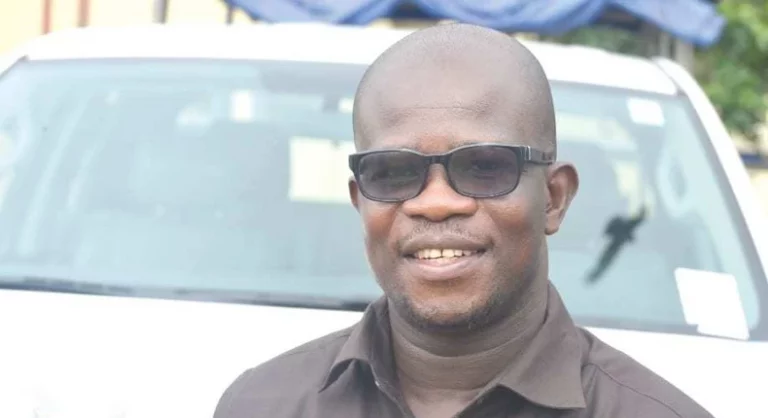Dr. Michael Kpessa-Whyte, an associate professor at the University of Ghana, has referred to the New Patriotic Party (NPP) as the most violent party in Ghana both in words and deeds.
His response follows the description of remarks made by Agriculture Minister Bryan Acheampong as treasonous.
Members of the NPP had received assurances from Bryan Acheampong that the economy would improve.
Kpessa-Whyte claimed that the government was trying to reach an agreement with the IMF.
Kpessa-Whyte claimed that the deal would be finalized by June of this year, which would result in a recovery of the economy.
After a health walk on April 8, 2023, Acheampong said to NPP members in Kwahu that the “NDC party will collapse. If the NDC dares to use threats, Violence, and foolishness in the 2024 election we will let them know we have the men. We will show them that we have the men. We have the men.”
He stated that “It will never happen that we the NPP will stand on a platform to hand over power to the NDC. It will never happen! We will make sure NPP remains in government at all costs.”
However, President Nana Addo Dankwa Akufo-Addo also incited NPP supporters to engage in violence when he was seeking political power, according to Kpessa-Whyte, who was speaking on TV3.
He clarified that Nana Addo incited NPP supporters to form vigilante groups to commit mayhem after his party won the elections.
“If we have to speak about which political party has been most violent both in rhetoric and in action, it is the NPP.
“The man we call President today once upon a time incited his supporters asking them that all die be die and that they should be willing to engage in violence of whatever form just for him to obtain political power and soon after he obtained political power we saw the extent to which they unleashed violent vigilantes on innocent Ghanaians across the country,” he noted.
In the meantime, Dr. Emmanuel Akwetey, Executive Director of the Institute for Democratic Governance (IDEG), urged Nana Addo to address the remark that the NPP “never hands over power.”
In order to serve as a warning to others, he suggested that the questioning be made public.
He justifies this by citing the nature of the remark and his social standing.

